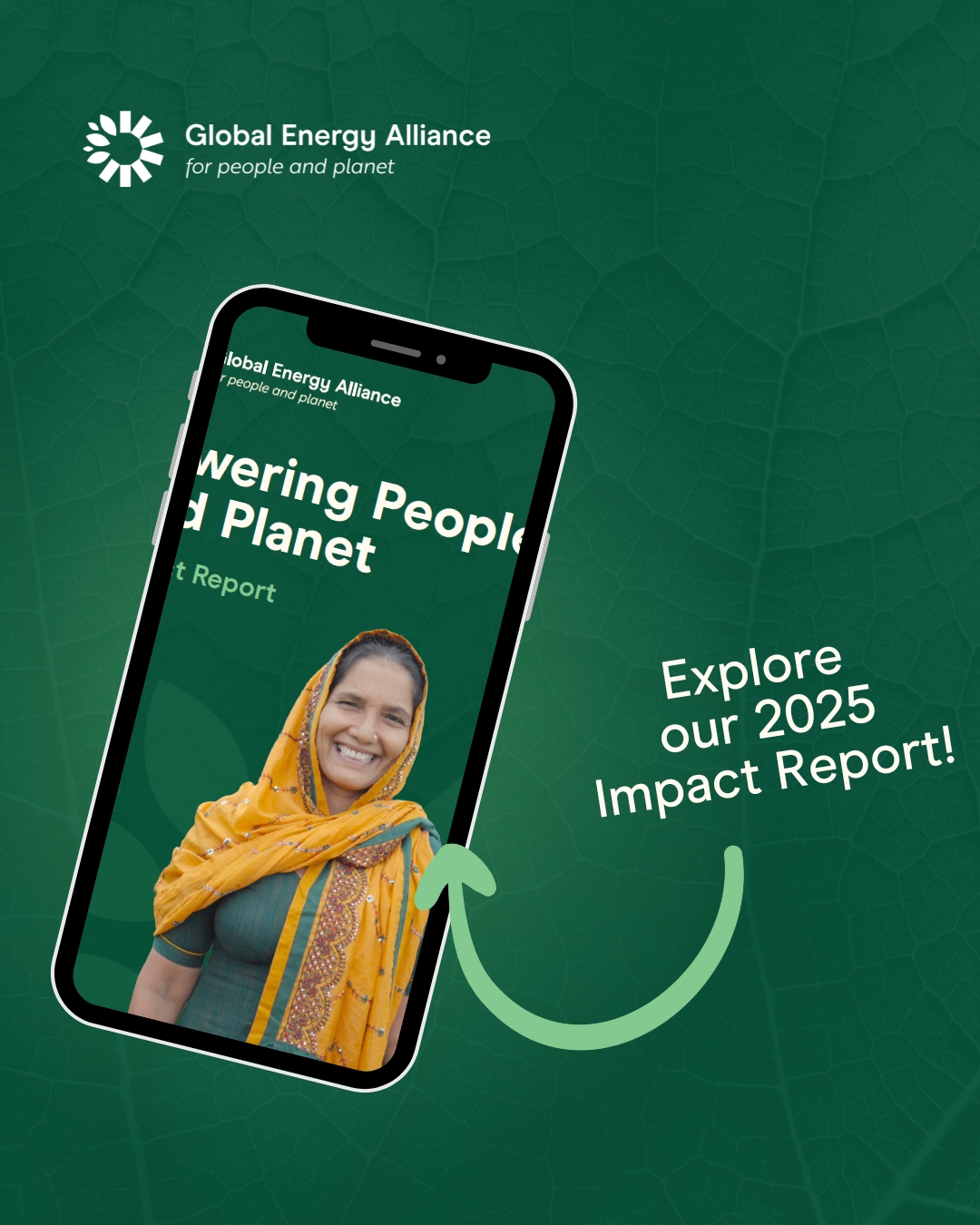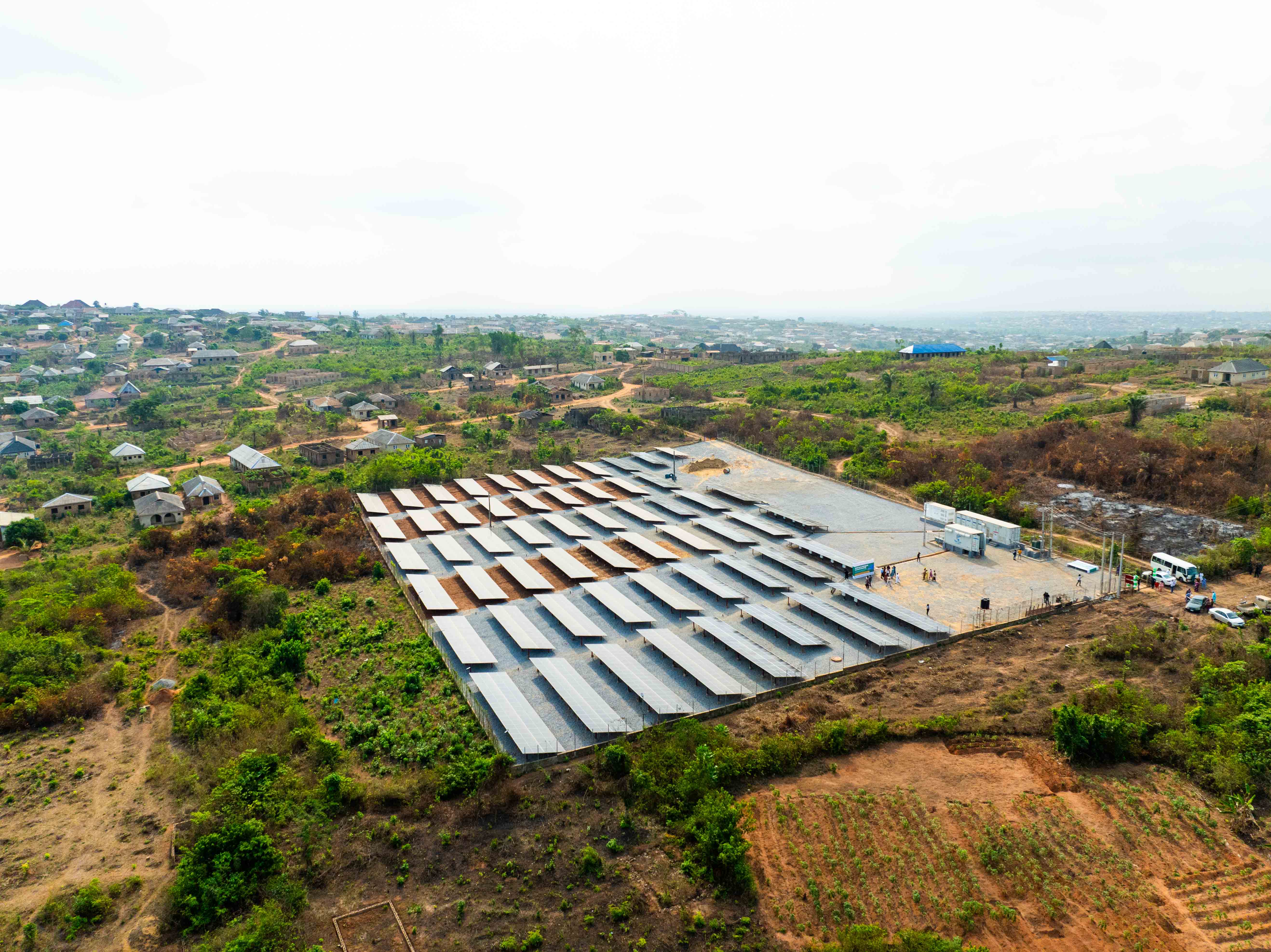Partnerships for Power: Unlocking Scale for Interconnected Minigrids in Nigeria

Partnerships for Power: Unlocking Scale for Interconnected Minigrids in Nigeria
“IMG pilot projects resulted in a 95% increase in connections, and a 15-fold increase in average consumption per user compared to their peer-isolated minigrids”
The report “Partnerships for Power: Unlocking Scale for Interconnected Minigrids in Nigeria” (May 2025) by RMI and GEAPP presents a comprehensive analysis of pioneering interconnected minigrid (IMG) projects in Nigeria, highlighting their transformative potential to improve electricity access, reliability, and affordability. The four pilot IMGs added 3 MW of solar PV and 3 MWh of battery storage, serving over 6,300 urban and peri-urban connections, demonstrating significant increases in energy supply hours, customer connections (+95%), and consumption compared to isolated minigrids. Despite high upfront capital costs, the pilots show a viable path forward with cost reduction opportunities up to 68% for second-wave projects through economies of scale, better collaboration, and public financing. The report emphasizes the “win-win-win” value proposition for DisCos, developers, and communities, recommending clearer roles, standardized interconnection processes, enhanced grid investments, and supportive regulatory frameworks to accelerate IMG scaling across Nigeria’s vast underserved population.
Key Takeaways include:
- IMGs effectively bridge last-mile electricity gaps by integrating renewable DERs with existing grids, improving service quality and reducing reliance on costly fossil fuel generators.
- Distribution and interconnection costs represent nearly half of total IMG capex, often exceeding budgets due to aging infrastructure and first-of-a-kind collaboration inefficiencies.
- Project development timelines averaged four years, slowed by complex tripartite negotiations, equipment importation, certification delays, and unclear interconnection responsibilities.
- Operational data shows substantial improvements in supply hours, metering, revenue collection, and customer consumption, validating the IMG model’s economic and social benefits.
- Scaling IMGs requires harmonized site selection, stronger developer-DisCo partnerships, competitive procurement, regulatory adaptations (e.g., capacity waivers), and targeted public financing to unlock cost reductions and market growth.
- Workforce development and institutional capacity building are critical to sustaining rapid expansion and operational excellence in the sector.



